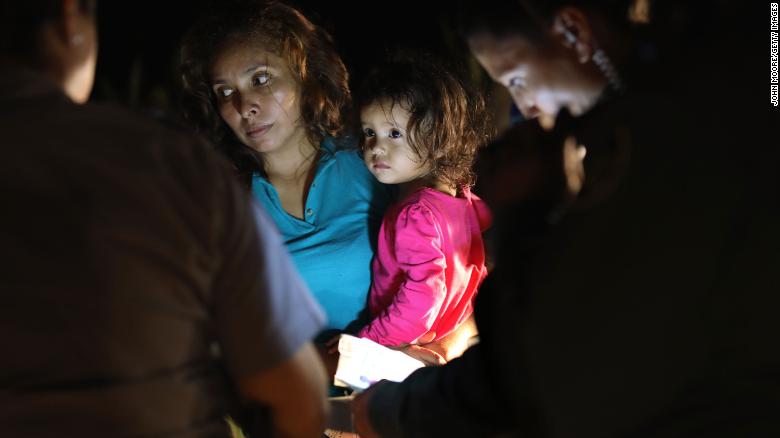Author: NYC Immigration lawyer Alena Shautsova
In response to the Coronavirus outbreak, the USA decided to suspend the entry into the United States, as immigrants or nonimmigrants, of all aliens who were physically present within the Schengen Area during the 14-day period preceding their entry or attempted entry into the United States. These countries include: Austria, Belgium, Czech Republic, Denmark, Estonia, Finland, France, Germany, Greece, Hungary, Iceland, Italy, Latvia, Liechtenstein, Lithuania, Luxembourg, Malta, Netherlands, Norway, Poland, Portugal, Slovakia, Slovenia, Spain, Sweden, and Switzerland.
These countries do not include England. The bar does not affect movement of goods.
The following individuals are not barred from entering the United States:
(i) any lawful permanent resident of the United States;
(ii) any alien who is the spouse of a U.S. citizen or lawful permanent resident;
(iii) any alien who is the parent or legal guardian of a U.S. citizen or lawful permanent resident, provided that the U.S. citizen or lawful permanent resident is unmarried and under the age of 21;
(iv) any alien who is the sibling of a U.S. citizen or lawful permanent resident, provided that both are unmarried and under the age of 21;
(v) any alien who is the child, foster child, or ward of a U.S. citizen or lawful permanent resident, or who is a prospective adoptee seeking to enter the United States pursuant to the IR-4 or IH-4 visa classifications;
(vi) any alien traveling at the invitation of the United States Government for a purpose related to containment or mitigation of the virus;
(vii) any alien traveling as a nonimmigrant pursuant to a C-1, D, or C-1/D nonimmigrant visa as a crewmember or any alien otherwise traveling to the United States as air or sea crew;
(viii) any alien
(A) seeking entry into or transiting the United States pursuant to one of the following visas: A-1, A-2, C-2, C-3 (as a foreign government official or immediate family member of an official), E-1 (as an employee of TECRO or TECO or the employee’s immediate family members), G-1, G-2, G-3, G-4, NATO-1 through NATO-4, or NATO-6 (or seeking to enter as a nonimmigrant in one of those NATO categories); or
(B) whose travel falls within the scope of section 11 of the United Nations Headquarters Agreement;
(ix) any alien whose entry would not pose a significant risk of introducing, transmitting, or spreading the virus, as determined by the Secretary of Health and Human Services, through the CDC Director or his designee;
(x) any alien whose entry would further important the United States law enforcement objectives, as determined by the Secretary of State, the Secretary of Homeland Security, or their respective designees, based on a recommendation of the Attorney General or his designee;
(xi) any alien whose entry would be in the national interest, as determined by the Secretary of State, the Secretary of Homeland Security, or their designees; or
(xii) members of the U.S. Armed Forces and spouses and children of members of the U.S. Armed Forces.
(b) Nothing in this proclamation shall be construed to affect any individual’s eligibility for asylum, withholding of removal, or protection under the regulations issued pursuant to the legislation implementing the Convention Against Torture and Other Cruel, Inhuman or Degrading Treatment or Punishment, consistent with the laws and regulations of the United States.





